- 4384
- 0
Sharing Ideas and Updates on LPG in Nigeria and related information to enable effective collaboration within the LPG Value Chain
Navigating The Impact Of Panama Canal Restrictions On Nigeria's LPG Prices

In recent months, Nigeria has been grappling with a notable rise in Liquefied Petroleum Gas (LPG) prices, sparking concerns and discussions across the energy sector. This surge, it appears, is not merely a localized issue but intricately connected to global events, particularly those unfolding at the Panama Canal, a crucial gateway for international trade.
The Panama Canal Conundrum
The Panama Canal, a pivotal maritime route facilitating global commerce, is currently facing unprecedented challenges. Environmental factors, including a severe drought intensified by El Nino and climate change, have led to record-low water levels in the critical Gatun Lake, a primary water source for the canal.
The repercussions are dire: tighter restrictions on ship transits have been enforced, causing a reduction in daily transits and potential long queues of vessels. This bottleneck has triggered a chain reaction across international trade routes, impacting over 60% of global seaborne trade activities.
Connecting the Dots: Impact on LPG
Amidst these canal restrictions, the Nigeria Liquefied Natural Gas (NLNG) Limited has pinpointed vessel scarcity, a direct consequence of the Panama Canal situation, as a major driver behind the escalating costs of LPG. NLNG's assessment underscores the domino effect on shipping costs, ultimately reflected in end-user prices for LPG in Nigeria.
The Ripple Effect: Implications for Nigeria's LPG Industry
The ramifications extend beyond mere cost increments. Nigeria, heavily reliant on LPG imports, faces a daunting challenge as the NLNG, responsible for a significant share of LPG supply, copes with the constraints imposed by the Panama Canal's restrictions.
The reduced availability of vessels for LPG transportation has disrupted normal shipping schedules, leading to extensive waiting times, increased shipping costs, and subsequent spikes in prices. This scenario poses a direct impact on consumers, as the elevated costs are inevitably transferred to end-users in Nigeria.
Global Dynamics and Future Projections
While these challenges primarily affect Nigeria's LPG market, they reverberate globally. The increasing winter demand for LPG in Europe and Asia further compounds the situation, exerting additional pressure on international prices. Analysts foresee a prolonged period of elevated LPG prices, attributing this trend not only to Panama Canal restrictions but also to ongoing global uncertainties in crude oil prices and exchange rate fluctuations.
Bracing for Impact: What Lies Ahead
With the festive season around the corner, the forecast for Nigeria's LPG market remains concerning. Analysts predict the possibility of LPG prices soaring to unprecedented levels, surpassing N1,500 per kilogram by Christmas. This projection paints a challenging picture for consumers nationwide, facing the prospects of grappling with higher costs during the holiday period.
The intersection of global events and local market dynamics underscores the intricate interplay impacting Nigeria's LPG sector. While Panama Canal restrictions serve as a critical catalyst, a confluence of factors, both domestic and international, converges to create a perfect storm influencing LPG prices. As stakeholders navigate these challenges, there's a pressing need for strategic measures, proactive policies, and sustainable solutions to stabilize the LPG market, ensuring accessible and affordable energy for all Nigerians.





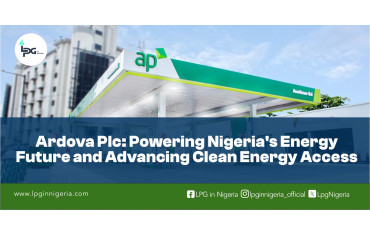
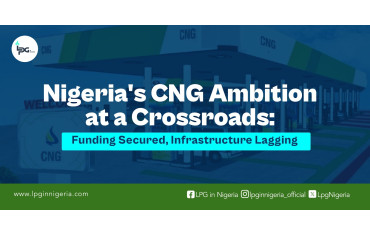
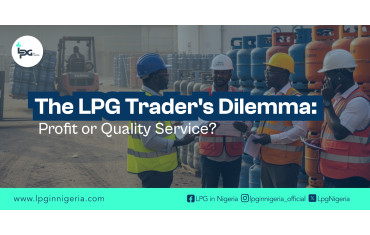

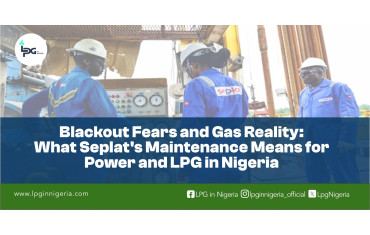
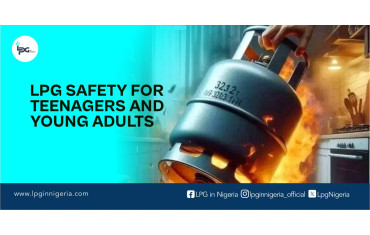





0 Comment.